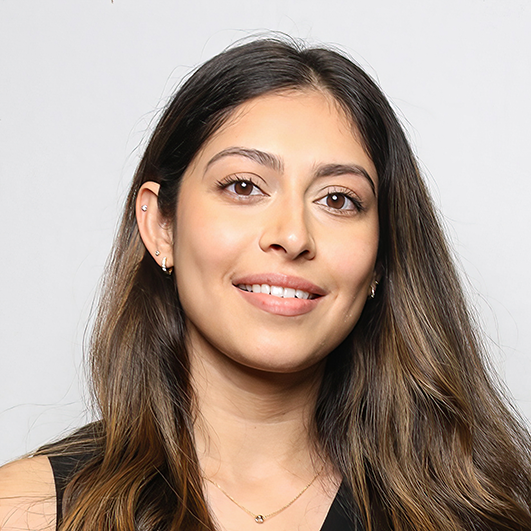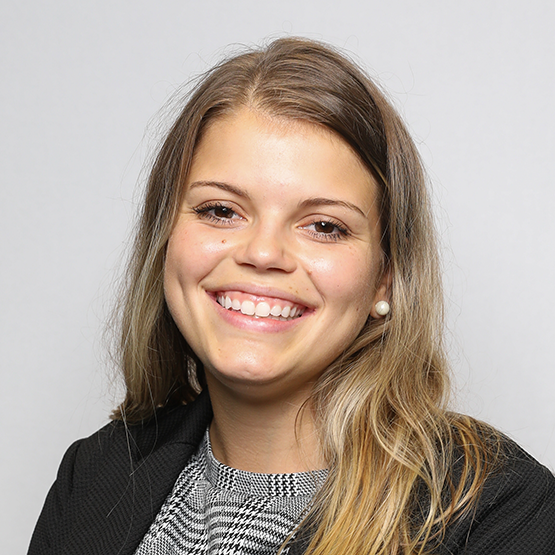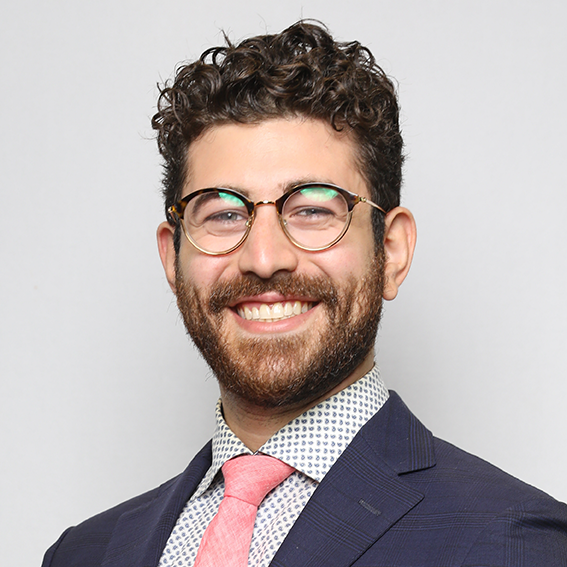Summers of service
This summer, four Emory Law students volunteered at public interest organizations across the United States, thanks to grants funded by the Emory Public Interest Committee.
The Emory Public Interest Committee, or EPIC, was founded in 1989 by students with a commitment to making public interest jobs accessible to Emory Law students. Volunteering within these organizations allowed students to gain real-world experience while truly discerning their potential future careers. Each student committed to 400 volunteer hours over ten weeks.
Sonal Rastogi 24L

“It’s just crazy to think about,” Rastogi says. “I became interested in why health care spending did not correlate to improved health care outcomes.”
Through an EPIC grant, Rastogi got to see firsthand some of the inner workings as an intern for the healthcare bureau of the New York Attorney General’s Office. There, she did legal research on everything from nondiscrimination requirements of the Affordable Care Act to tobacco and opioid litigation.
She discovered that policies that have “dramatically shifted or reversed” over multiple presidential administrations have been part of the challenge in American health care.
“There aren’t necessarily concrete interpretations for how they can be applied,” Rastogi says. “There also exists a lag in how laws are applied in the real world.”
She plans to work in some form of health care law. The EPIC experience, Rastogi notes, allowed her to understand the “middle gray area” in which the law functions.
“It’s different to understand or learn something from a textbook or case book than it is seeing it practiced and understanding the complexities about how the law is applied and navigated,” she says. “I was very glad for this opportunity.”
Madison Dodge 23L

Dodge did pre-plea investigation reports, interviewing clients to come up with information that could mitigate their culpability. In one case, a misdemeanor conviction could have resulted in a client being deported. She praised the organization’s “holistic” defense model, which considers each case on its unique merits.
“My work with The Bronx Defenders made me hopeful, in the sense that I was learning from and seeing an office where they’ve tried to implement a model to address not only the criminal legal issues that people face, but also other collateral issues — such as immigration consequences or losing housing, or family court proceedings and losing your children,” Dodge says.
She is guided to fight against “mass incarceration,” which Dodge says was her main impetus to enroll at Emory. “EPIC provided me a space in a community with other students interested in the same work, or with attorneys or alumni in the public interest community,” she adds.
Brianna Cruz 24L

This summer, Cruz took a step closer to her dream. Through an EPIC grant, she interned with South Carolina’s nonprofit Justice 360, which works to reform policies and practices in capital and juvenile life without parole proceedings.
The experience, she says, was pivotal: “It changed me.”
Cruz helped conduct research for lawyers challenging the constitutionality of the state’s newly adopted execution protocols. Justice 360 is representing a trio of convicted men, arguing that legislation authorizing the electric chair or firing squad is “barbaric.” (South Carolina argues it no longer is able to procure drugs needed to carry out lethal injections.)
“It was difficult to watch them basically having to argue for a more humane way for their clients to die,” Cruz says. “But it was also empowering, because they’re such good attorneys and I learned so much from them. They were fighting for their clients.”
Cruz continues to do work for Justice 360, considering the role of intellectual disabilities in adjudicating death. It is unconstitutional to impose the death penalty on those with such disabilities, but poor legal representation has contributed to such executions being carried out. She ultimately wants to practice in South Carolina, Florida or Georgia.
“The main goal is to get the death penalty off the table, and instead get life without parole,” Cruz says. “A lot of it isn’t challenging the guilt, but humanizing the clients on death row.”
Alex Passe 24L

You can’t be a lawyer without knowing the law, but you don’t learn how to be a lawyer in the classroom,” he says. “This was my first foray into the practice of law, and it was an incredibly enlightening experience for me.”
The internship allowed Passe to work on Clean Air Act violations, and he wrote a research paper on the topic. His law degree, Passe says, will build on the public health master’s degree he received at the University of Minnesota. He hopes to continue his work at the EPA. “I see my three-year journey at Emory as an extension of my education in public health,” he says. “My goal, my mission, is to improve public health.”
Passe says his work is committed to marginalized communities, which bear a disproportionate burden when it comes to pollution and environmental risks.
“What was humbling about EPA work is seeing firsthand, and experiencing firsthand, how slowly change at that level works,” he says. “Deep down, there is a desire to be the hero who is going to have the biggest effect, to argue the Supreme Court case that totally changes the way the world works.”
Email the Editor


